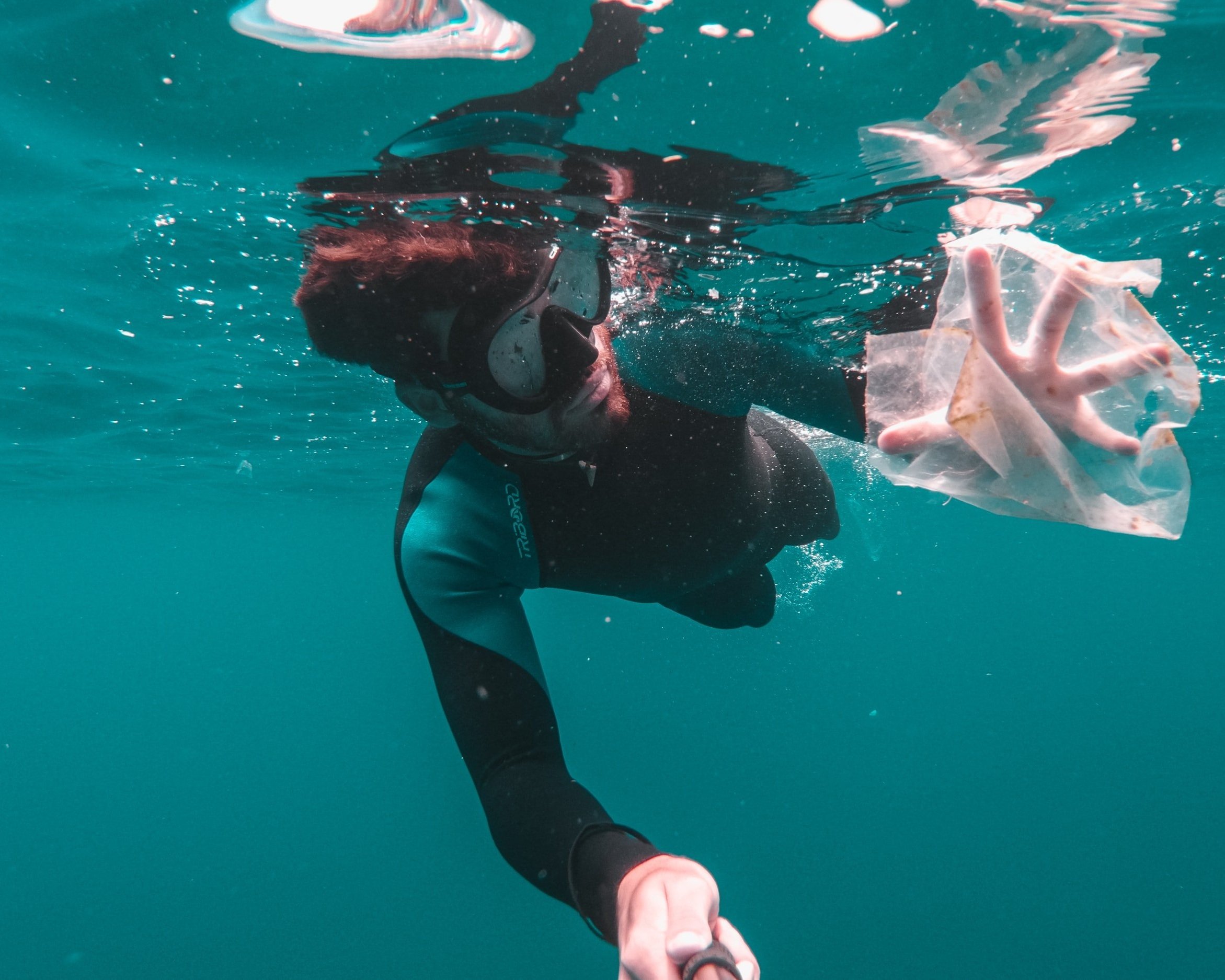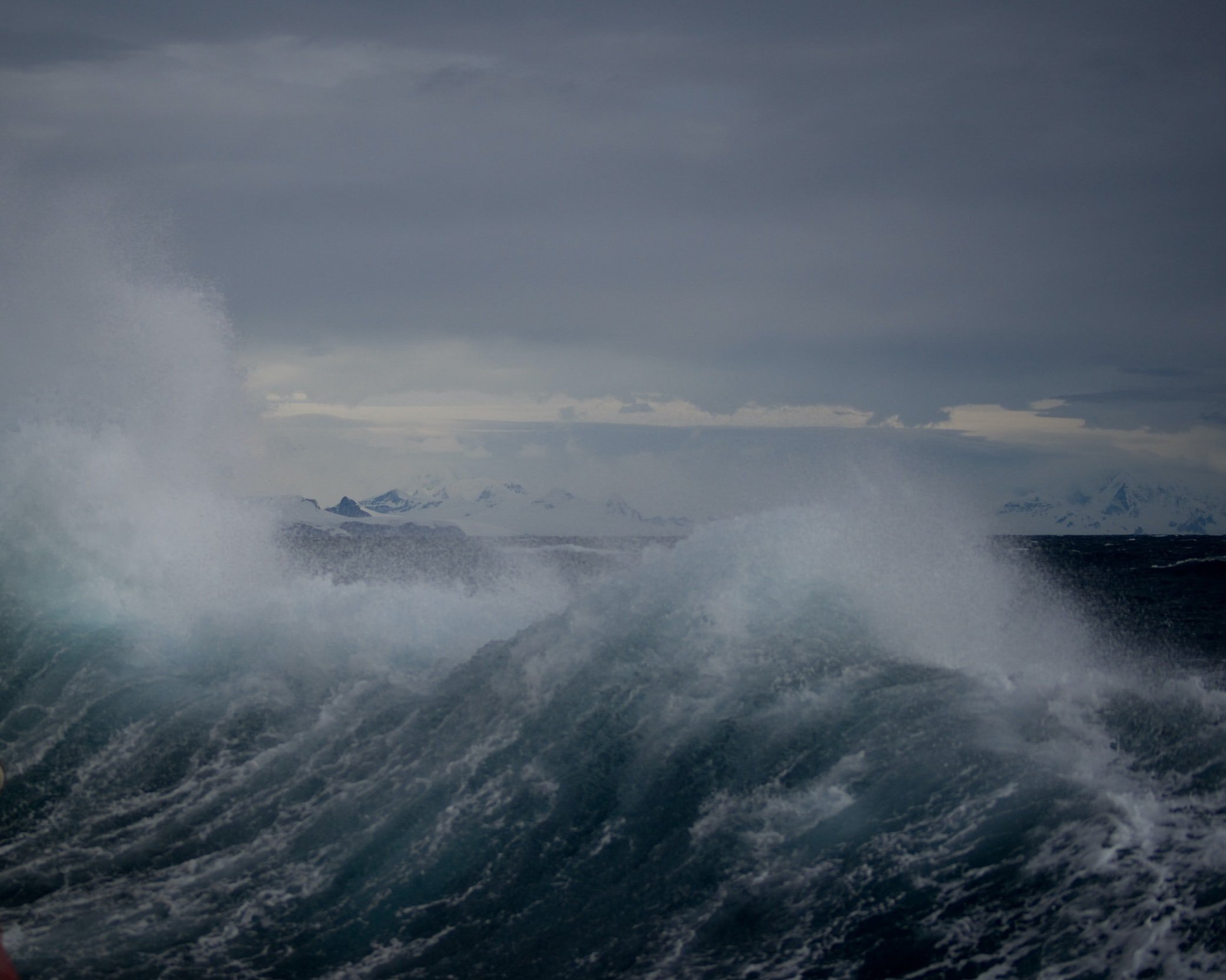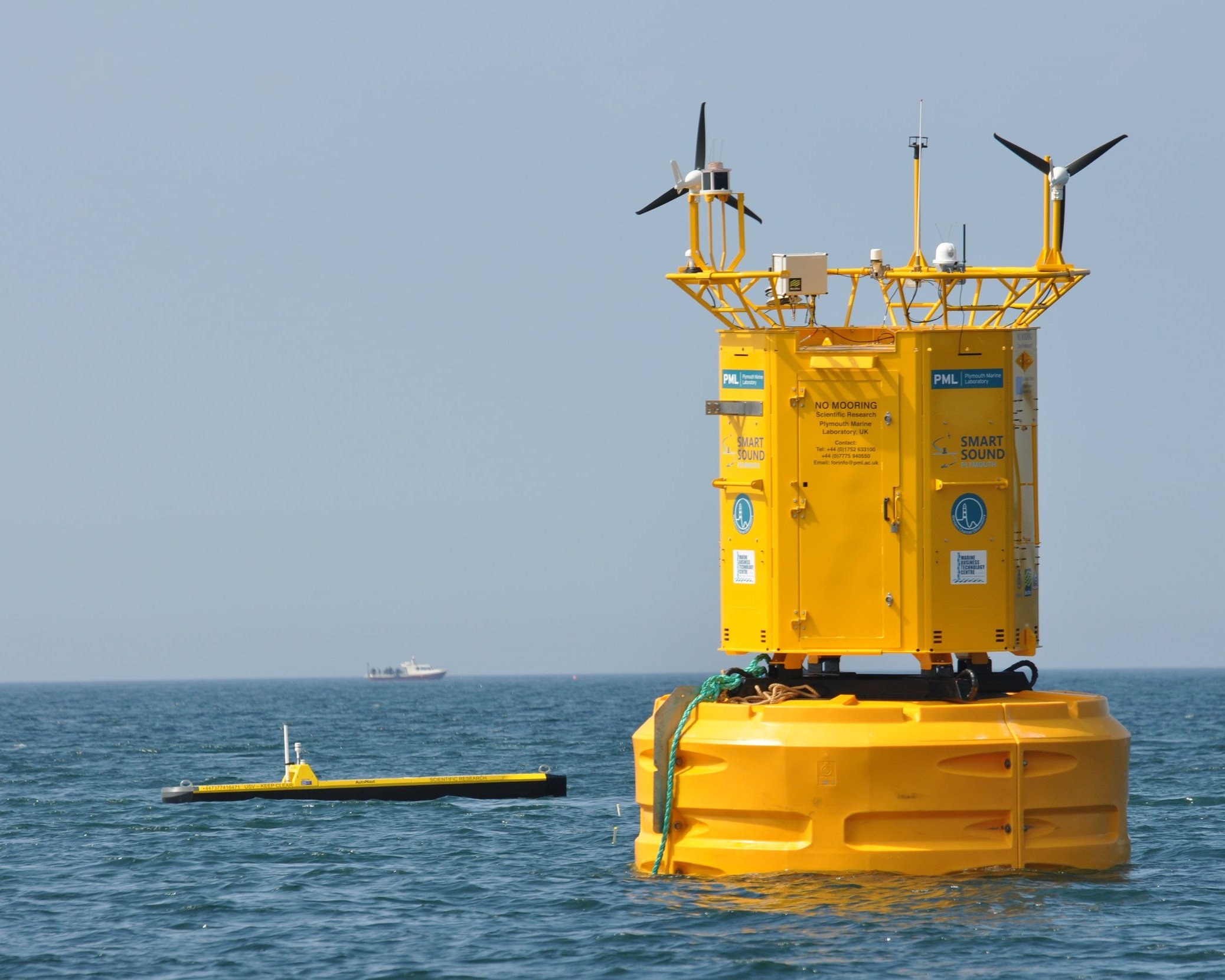
Clean Seas
Plymouth scientists among the leading voices on the relationship between human activities and the ocean, and how that can impact on the health of both the environment and coastal communities.
We coined the term microplastics, now used globally to describe the minute particles of plastic found in the ocean, provided the evidence that led to the ban of microbeads and continue to drive the debate on plastic’s journey from source to sea, its impact in the ocean and the solutions needed to stem it.
We are also exploring the impact of other human-made contaminants on marine ecosystems and species, and leading the development and monitoring of innovative clean maritime technologies - in line with the UK government’s Clean Maritime Plan for maritime net zero - that will reduce the environmental impacts of shipping, tourism and other maritime sectors.
The Marine Research Plymouth Alliance are also at the cutting edge of studies into the connection between a healthy marine environment and healthy societies. An interdisciplinary whole-system approach is bringing together scientists, psychologists and other expertise to fully appreciate and quantify the benefits the ocean provides.
Designed to enable more holistic approaches to the management of the marine environment, such understanding is vital when you consider the hundreds millions of people globally who are reliant on marine and coastal ecosystems for their livelihoods, food, employment and general well-being.







